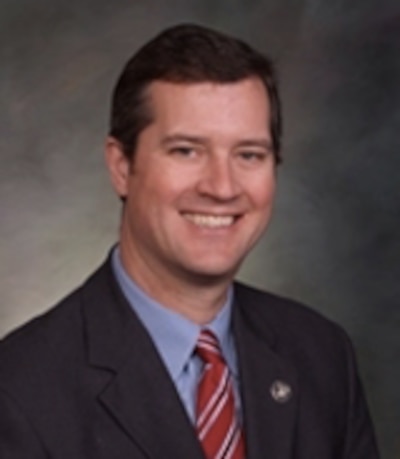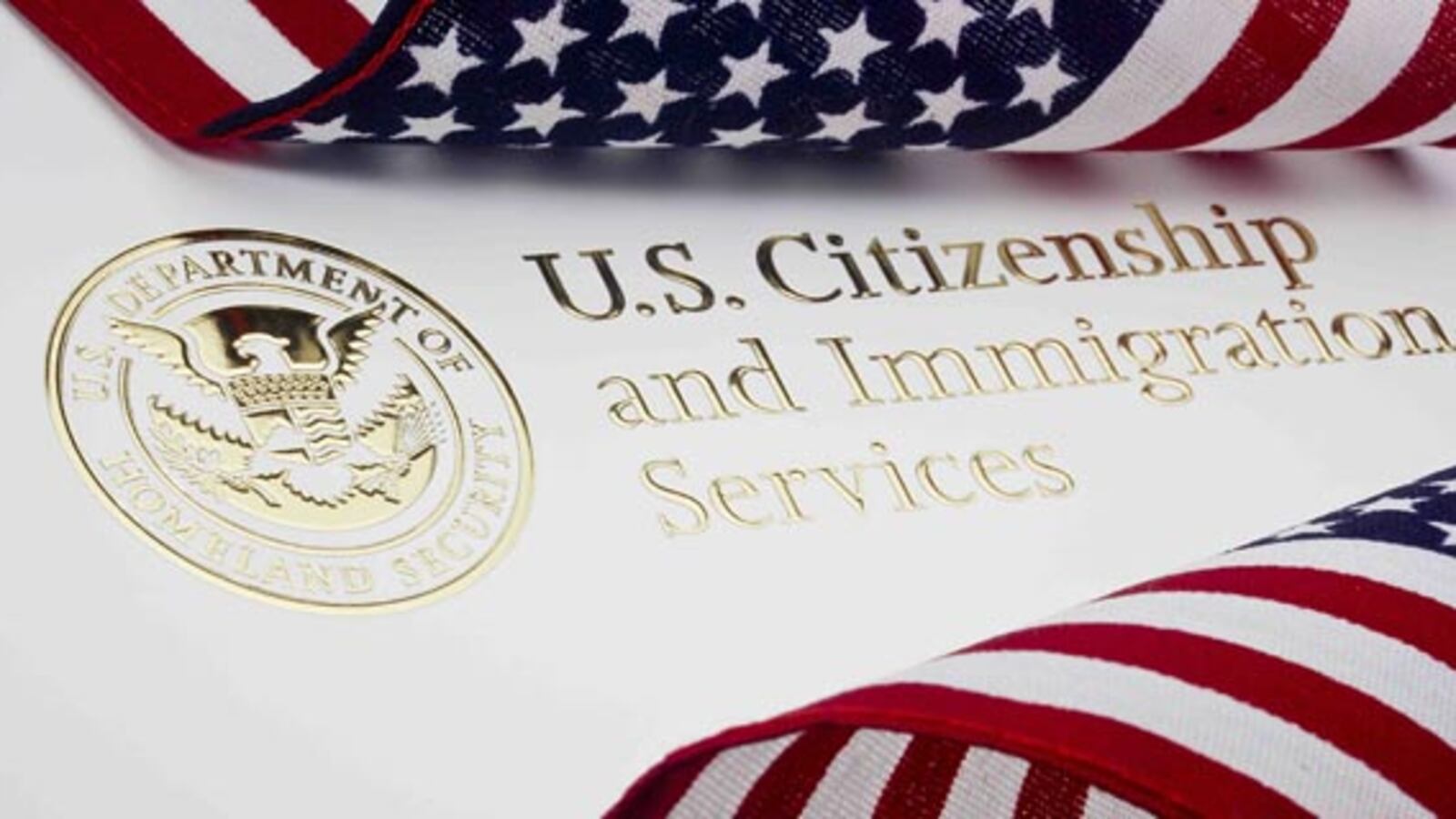Colorado students would be required to pass a civics test used by the federal government to graduate from high school under a new bill promoted by a bipartisan group of lawmakers.
The measure, House Bill 16-148, would increase statewide testing just a year after lawmakers cut back on assessments, including Colorado’s current social studies test.
Prime sponsor Sen. Owen Hill said he’s been working on the idea for three years because “civics education has been left by the wayside” due to the education system’s focus on language arts and math.
The Colorado Springs Republican said he finally found the “right avenue” in a testing proposal being pushed nationwide by two related Arizona nonprofits, the Civics Education Initiative and the Joe Foss Institute. Eight states passed such laws in 2015.
The new bill would tap a non-traditional testing source – the civics portion of the exam the U.S. Citizenship and Immigration Services gives to immigrants who want to become naturalized citizens.
“This is a simple solution,” said Hill, saying the tests are taken online and that districts and schools could administer the exams whenever they chose.
Students would take that test in 9th grade and have to correctly answer 60 of 100 questions in order to graduate. Students could keep taking the test through 12th grade until they passed.
The new exam would add to a longstanding state requirement that every student “satisfactorily complete” a civics class to graduate.
Disabled students wouldn’t have to take the test, and principals or superintendents could waive the requirement for students who meet all other graduation requirements and can show “extraordinary circumstances.” And test results would not be used for educator evaluation.
Hill, chair of the Senate Education Committee, said, “I certainly think there will be pushback” on the idea of increasing testing. “I certainly don’t expect a unanimous vote.”

Democratic Sen. Andy Kerr of Lakewood is cautious about the bill. Kerr is a social studies teacher and the senior Democrat on the Senate Education Committee.
“I don’t think it’s the best policy for the legislature to mandate tests for graduation requirements,” he said. High school students “absolutely” should be able to correctly answer 60 questions on the naturalization test, he said, but that shouldn’t be tied to graduation.
The state constitution guarantees local control of curriculum, and Colorado school districts fiercely defend their independence. The State Board of Education last year set “graduation guidelines,” which have been received with a fair amount of grumbling.
Kerr also said he’s concerned that the naturalization test “is not based on Colorado state standards,” as are currently required statewide tests in language arts, math, science and social studies.
Chris Elnicki, social studies coordinator for the Cherry Creek Schools, also has questions about the bill. “There certainly is concern that the requirement of this exam for graduation will narrow instructional focus on test prep and shift the focus away from higher order thinking. … The current civics standards found within the Colorado Academic Standards in Social Studies are a better guide to educators hoping to inspire a lifelong commitment to civic responsibility and engagement within their students. Schools should avoid teaching only rote facts about dry procedures.”
But Marcia Neal, former chair of the State Board of Education, is enthusiastic about the bill.
“I would certainly be in support of this bill,” said Neal, a retired social studies teacher who has long advocated for greater emphasis on the subject. “The teaching of social studies in general is in decline.”
Colorado rolled out its social studies tests in 2014, and they were originally given to all students in grades 4, 7 and 12. The fall high school tests sparked widespread student boycotts in some districts. The exams assess a broader range of knowledge than just civics.
This spring those tests will be given only to some 4th and 7th graders. High school tests will resume next year. Last year some lawmakers wanted to eliminate social studies tests. But they were saved by a Kerr-engineered compromise under which the exams are given in only a third of schools each year.

Hill said he expects Senate Education to consider the bill in the next couple of weeks. He’s assembled a bipartisan group of 13 sponsors, seven in the Senate and six in the House. But only two GOP members of the nine-member Senate Education Committee are signed on. Three members of the 11-member House Education Committee are sponsoring the bill, two Republicans and one Democrat.
Last year’s testing reform law passed by wide margins in both houses – only 13 of 100 lawmakers voted no. But some lawmakers think it didn’t go far enough.
The only 2016 proposal to reduce testing is Senate Bill 16-005, which would eliminates 9th grade language arts and math tests. It’s backed primarily by three Republicans and one Democrat on Senate Education and is not expected to pass.


